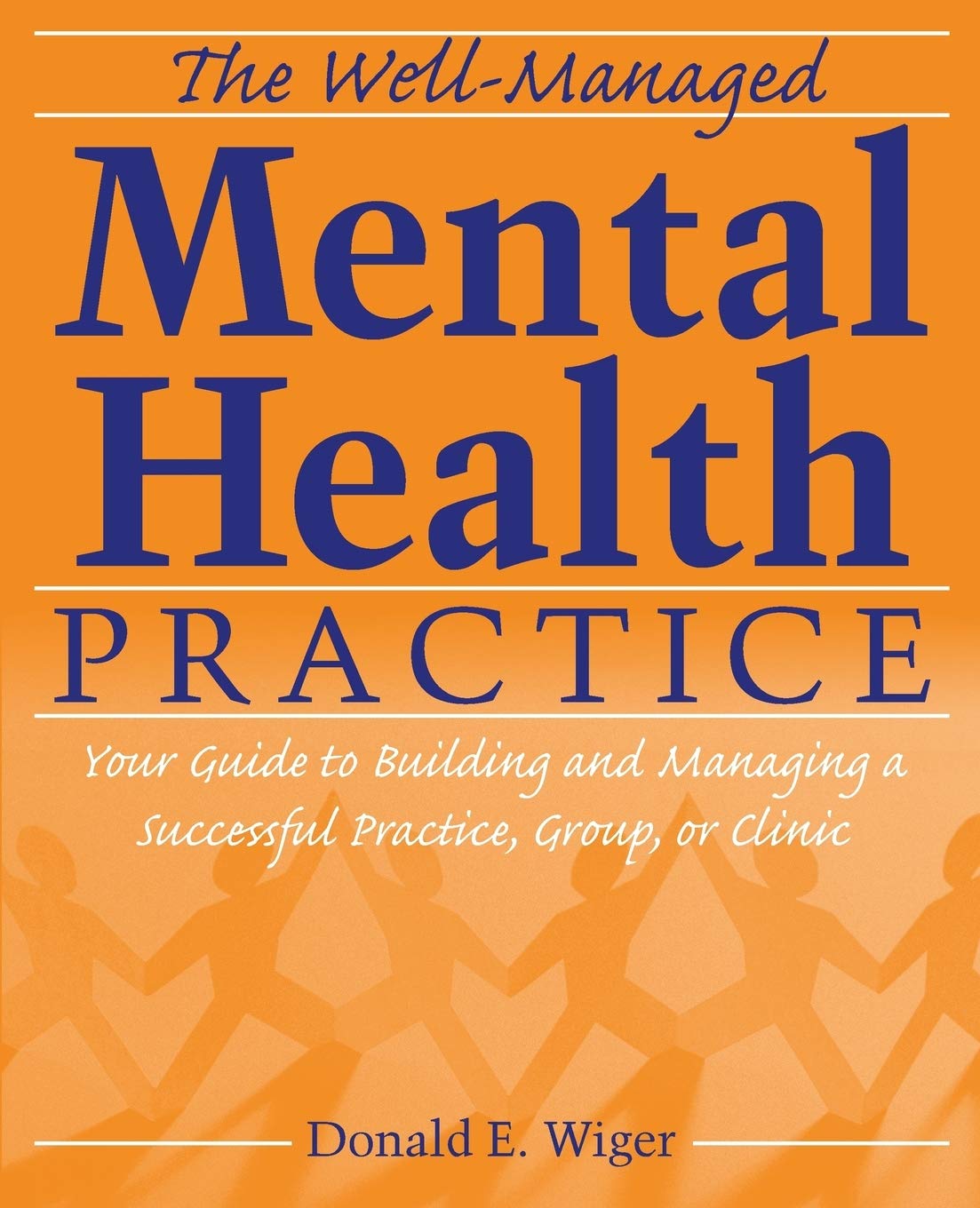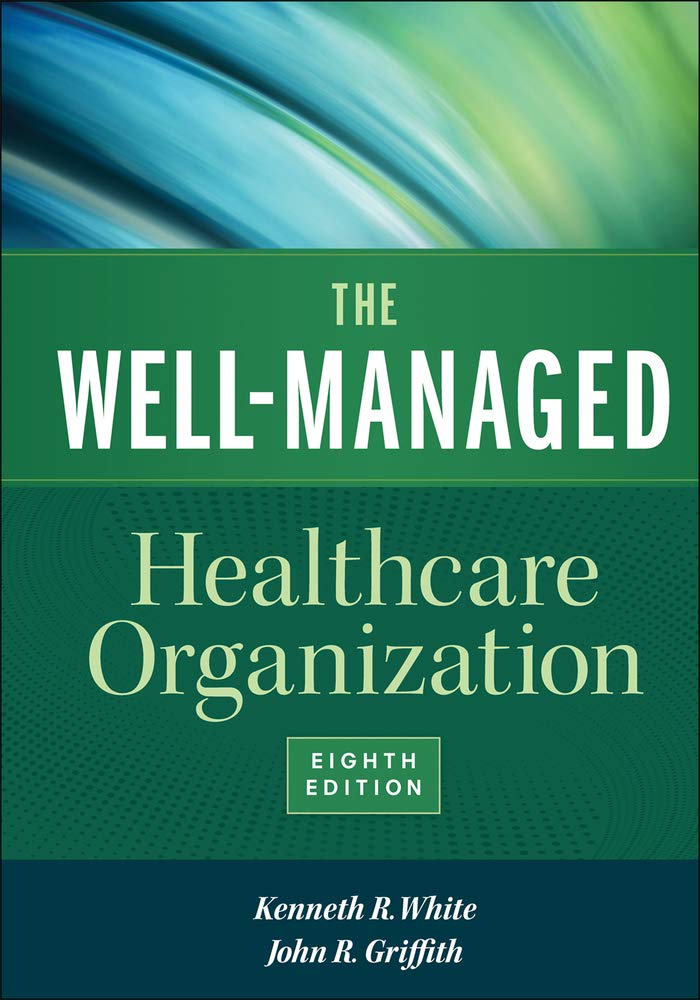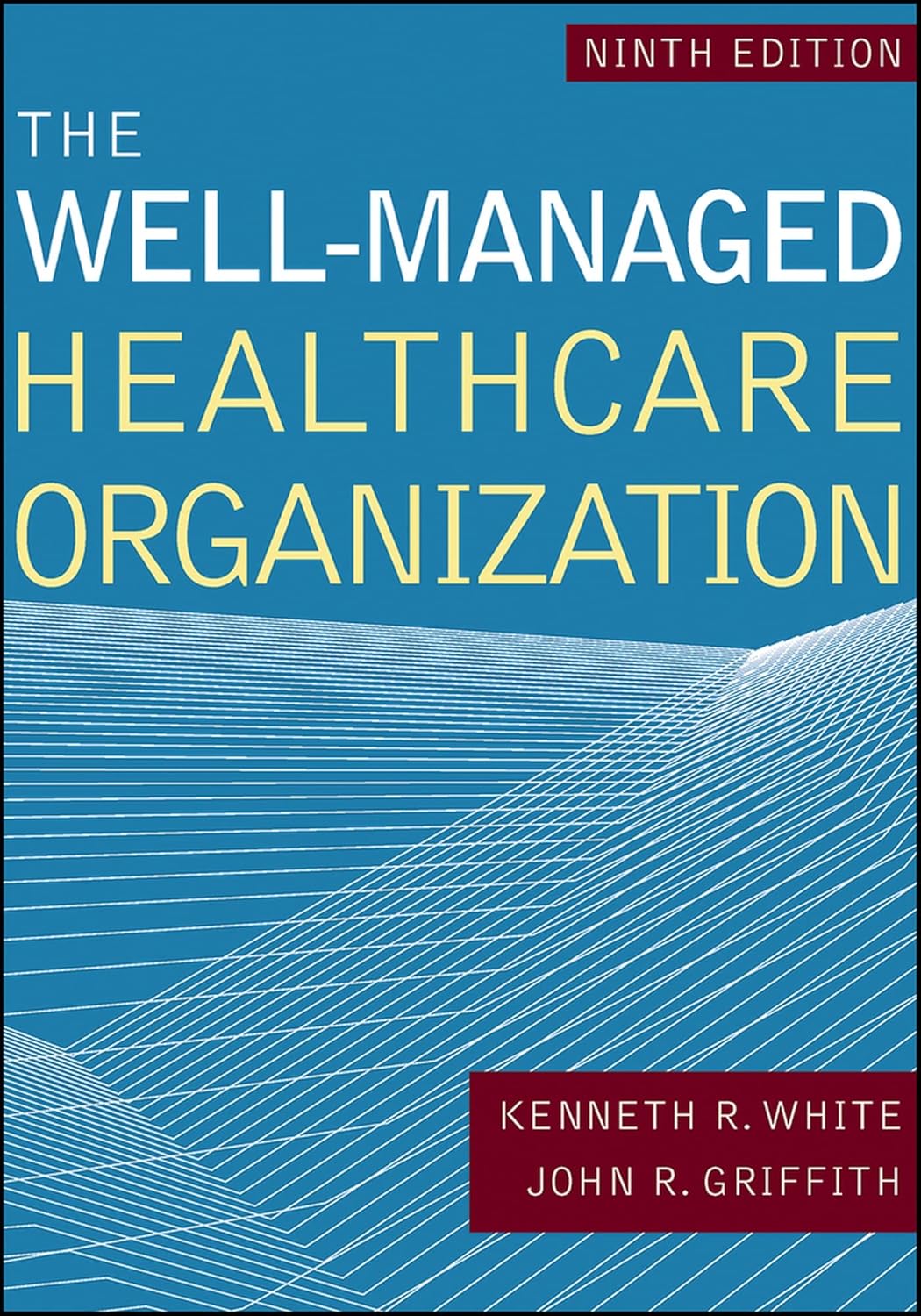A well-managed help desk is an essential component of any successful business operation. It serves as the frontline of customer support, providing assistance to users who encounter issues with products or services. A help desk that is well-organized and efficient can greatly enhance the overall customer experience and create a positive impression of the company.
One of the key benefits of a well-managed help desk is improved customer satisfaction. When customers know they can rely on prompt and effective support when they encounter a problem, they are more likely to have a positive perception of the company and its products or services. This can lead to increased customer loyalty and repeat business, as satisfied customers are more likely to return for future purchases.
A well-managed help desk can also help to reduce customer frustration and complaints. By providing timely and accurate assistance, help desk agents can help customers resolve issues quickly and efficiently, preventing them from becoming aggravated and seeking out alternative solutions. This can lead to a decrease in negative feedback and complaints, ultimately improving the company’s reputation and brand image.
In addition, a well-managed help desk can also contribute to increased productivity within the organization. By streamlining support processes and implementing efficient ticketing systems, help desk agents can handle a larger volume of requests in a shorter amount of time. This can help to reduce the overall workload on support staff and allow them to focus on more complex and high-priority issues.
Furthermore, a well-managed help desk can also help to identify and address recurring issues and trends. By tracking and analyzing customer support requests, help desk managers can identify common problems and implement proactive solutions to prevent them from occurring in the future. This can help to improve product quality and customer satisfaction, ultimately leading to a more successful business operation.
Overall, the importance of a well-managed help desk cannot be overstated. It plays a crucial role in providing support to customers, resolving issues in a timely manner, and improving overall customer satisfaction. By investing in a well-organized and efficient help desk, businesses can enhance their reputation, increase customer loyalty, and drive success in the competitive marketplace.










